More than hope: Five ways rewilding is making a difference
For World Rewilding Day 2023 we celebrate the real solutions and the tangible hope offered by rewilding initiatives around Britain.

Published 17/03/2023
At Rewilding Britain we often talk about rewilding as a story of hope. Rewilding offers hope for tackling the nature and climate emergencies, and a cascade of benefits for people and local communities.
In the run-up to World Rewilding Day (20 March) we share with you five ways that rewilding across Britain is already making a massive difference.
Rewilding is hope
1. Hope for our wildlife
What’s the problem? In Britain, the 2019 State of Nature report revealed that 56% of our species are in decline and 15% are threatened with extinction.
The rewilding solution: Many species that once thrived in Britain now have nowhere to live, or are dwindling in isolated pockets. Joining up and improving habitat is one of the best ways to welcome wildlife back to these once-wild isles – and the evidence is already confirming this. At Wild Ken Hill, a Rewilding Network member that has been in the limelight in recent years thanks to BBC Springwatch, a recent report showed that plant diversity in sampled areas has roughly doubled between 2019 and 2022, thanks to their rewilding practices.
While humankind has been responsible for species vanishing for good, we also have the power to restore them in places that can support them. Sea eagles, beavers and pine martens are all species that have had significant successes in recent years thanks to the efforts of rewilding projects big and small. Together with these pioneers Rewilding Britain is helping shape legislation
that can allow this to progress even further.

2. Hope for our communities
What’s the problem? Rural and coastal communities are among the most economically deprived in Britain, and often have livelihoods dependent on industries that aren’t sustainable in their current format.
Rewilding successes: One of the key questions asked of rewilding is how can we diversify our use of land and sea, while preserving our economy, food production and local culture? How can we create new nature-based economies, with people at the heart of our vision for a wilder future?
Here at Rewilding Britain we’ve seen positive evidence that rewilding land and seas can create a thriving ecosystem of employment. At Rewilding Network sites we surveyed in England and Wales, rewilding led to a 54% increase in jobs over 10 years. Rewilders are reporting that rewilding, with the opportunities that it offers in everything from ecotourism to site management to monitoring, is helping to give their surrounding areas a new lease of life. Read the story of Langholm’s community land buyout, which has created six new jobs already.
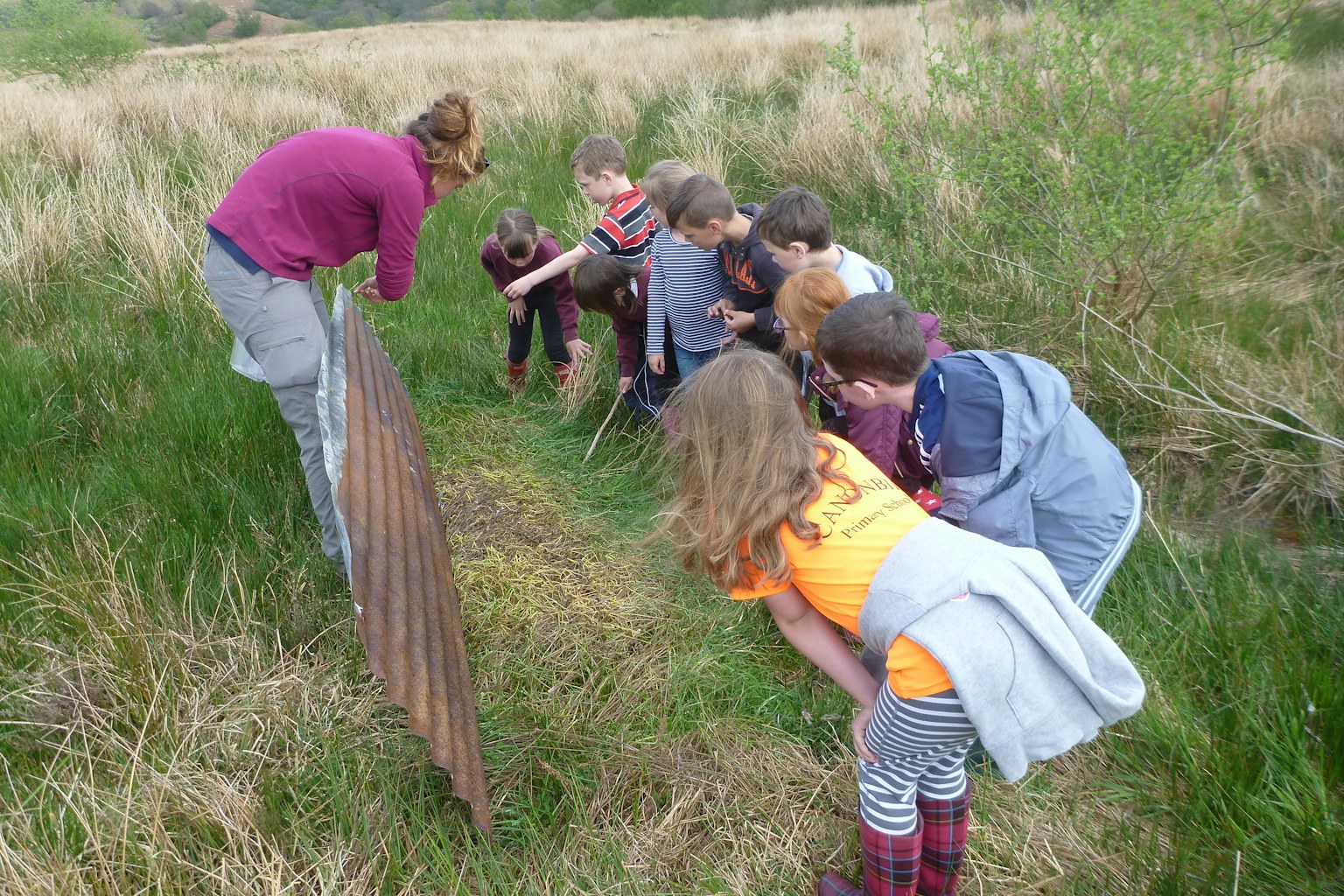
3. Hope for our seas
What’s the problem? While a third of UK seas are protected on paper, less than 1% of that area is well managed.
The rewilding solution:
When it comes to saving our seas, it’s certain that we can have the biggest effect when laws on marine protection go hand in hand with rewilding. Take Sussex, for example, where local authorities and campaigners united to bring about a ban on the destructive fishing practice of bottom trawling. There, the Sussex Kelp Restoration Project is carrying out a huge programme of monitoring to record the early signs of recovery, which is good news for marine biodiversity, for the local fishing community – and the prospects for kelp to regain old ground.
Meanwhile in Scotland, Seawilding, the UK’s first community-led native oyster and seagrass restoration project is actively sowing seagrass beds and restoring the native oyster population. They’re pioneering low-cost, best-practice habitat restoration methods that aim to restore lost biodiversity, sequester carbon, and to create green jobs.
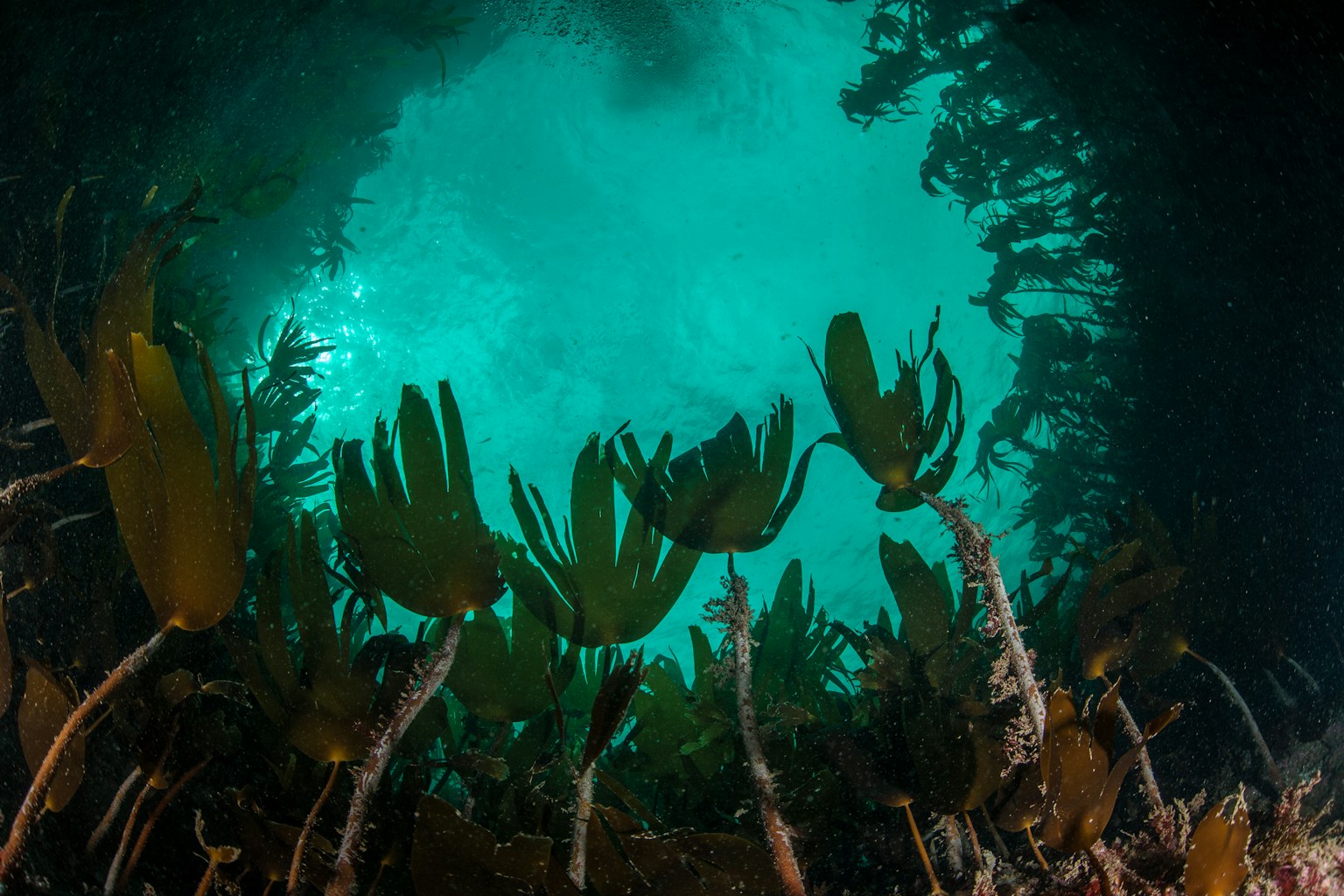
4. Hope for our national parks
What’s the problem? 75% of nature reserves in national parks are in poor condition
The rewilding solution: Britain’s national parks are too often ‘notional parks’: some more bereft of nature than cities. 50,000 people signed our petition calling for them to be wilder, and we are pushing for legislative change. Meanwhile, rewilding projects within our national parks have been making extraordinary gains.
In the Lake District, where golden eagles last lived in England, Wild Haweswater is demonstrating how nature recovery can exist in harmony with upland farming and local culture. It’s not just wildflowers and salmon that are proliferating, but jobs too.
Not far away at Wild Ennerdale, letting natural river braiding processes occur, as well as reducing Sitka spruce and sheep grazing, has created a wild landscape that may feel to many of us more like North America than England, so unused are we to seeing this type of wilderness on our own doorstep, as it has disappeared.
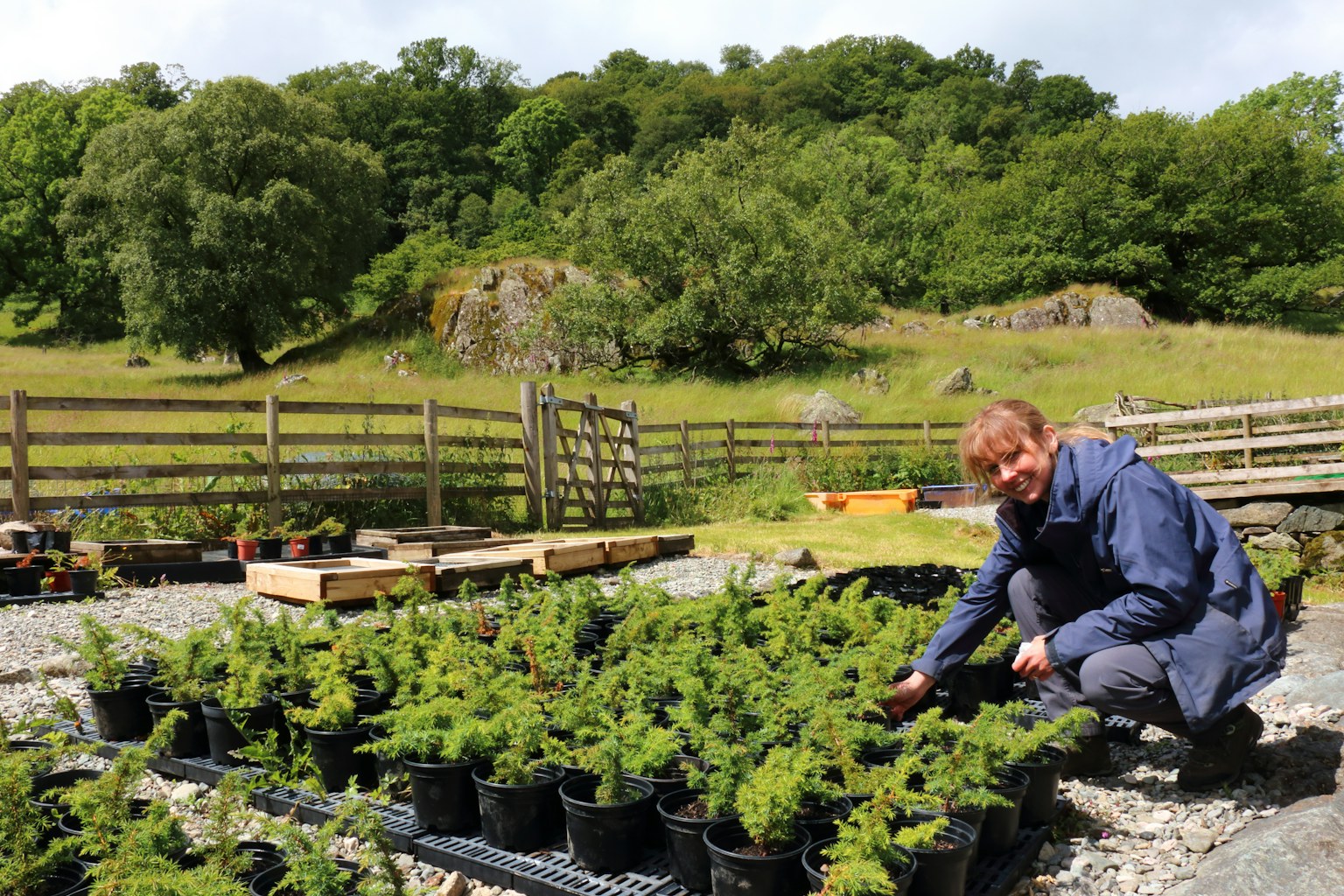
5. Hope for our climate; our future
What’s the problem? To avoid the worst impacts of climate breakdown, we need to keep the heating of the planet below 1.5°C.
The rewilding solution: Restoring trees, peatlands, saltmarshes and other ecosystems – through rewilding – is a proven, practical way to absorb carbon from the atmosphere. Helping to fund this surely has to be part of any toolkit for governments around the world, who just last November at the UN climate conference reiterated their resolve to limit temperature rises.
Not only does rewilding help create healthy habitats that absorb carbon, but they can absorb water too. Which is good news when flooding, and managing it, costs the UK around £2.2 billion each year and is projected to increase as we feel the effects of climate breakdown. In Cropton, North Yorkshire, where beavers have built a 70-metre-dam, the local community is already noticing the difference as it slows the flow of water from rushing downstream.
We cannot say it enough: nature really is our best ally in addressing the climate emergency.
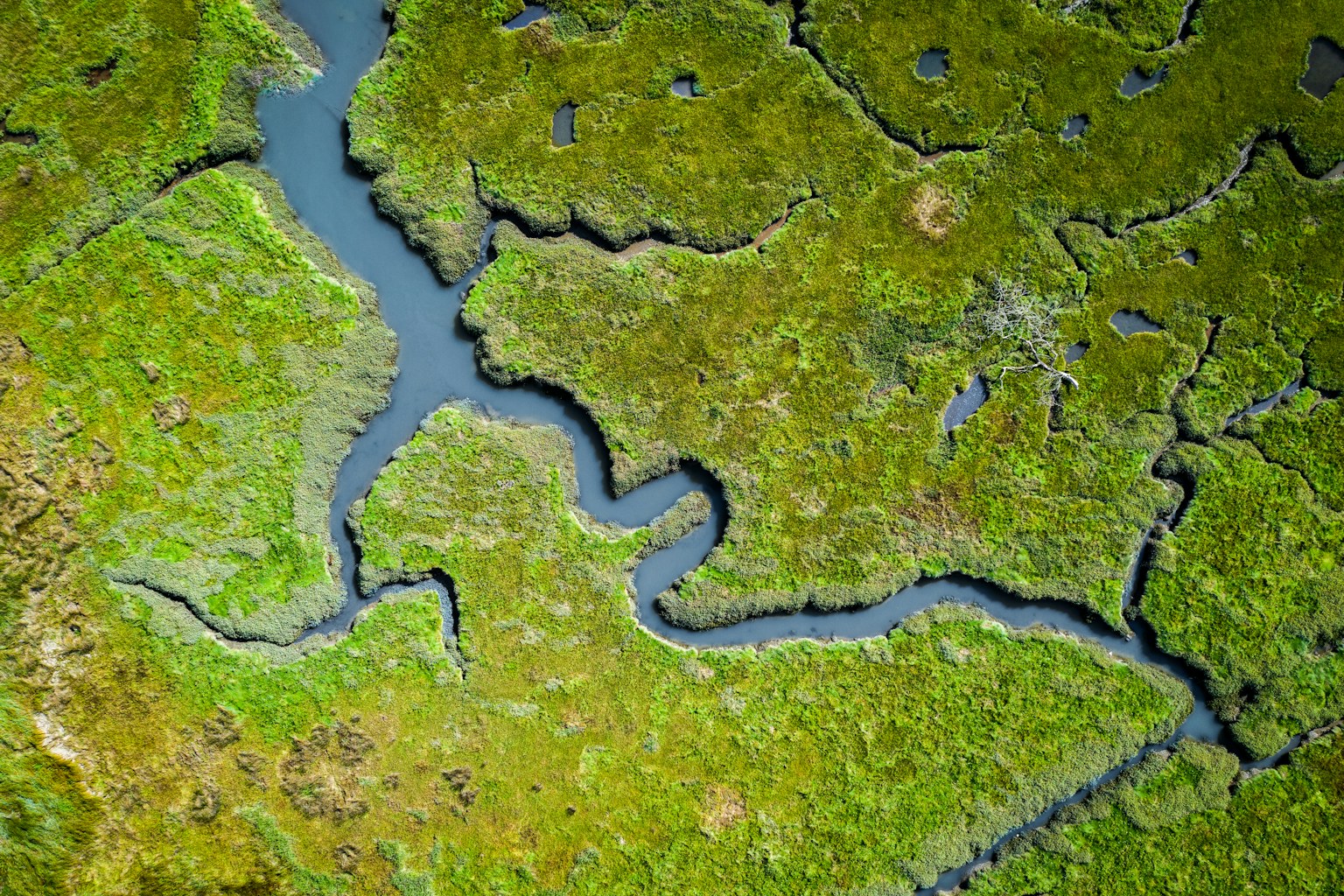
We simply can’t ignore that we have reached the point where the breakdown of our climate and the biodiversity crisis are urgent threats to both nature and human society.
But in rewilding lies a powerful solution. Facilitating the large-scale restoration of nature to the point that it can take care of itself gives nature — including people — a fighting chance. If nature is given the space to thrive and flourish, wildlife and habitats will benefit and so will we.
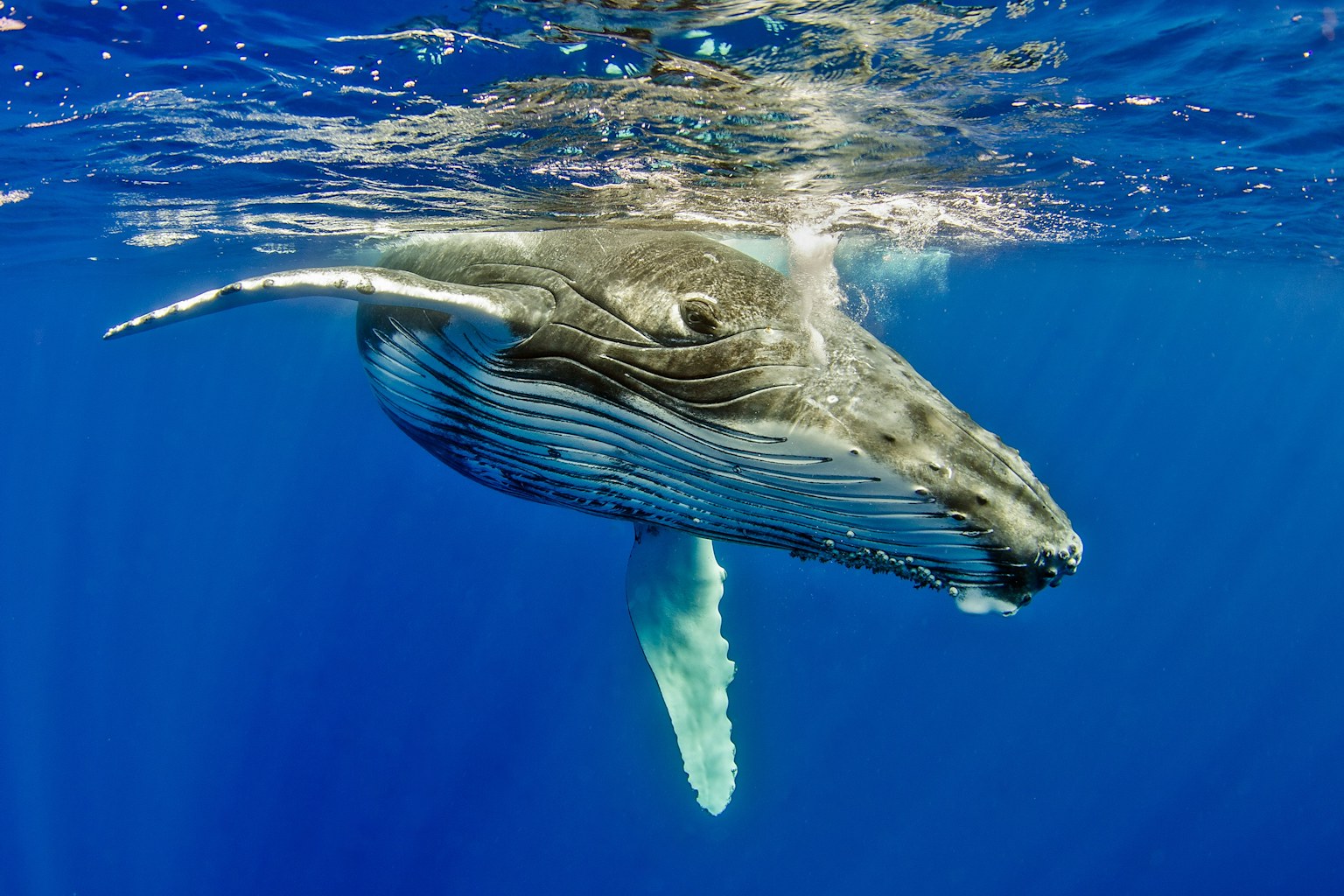

Rewilding and biodiversity
If you’ve ever wondered just why rewilding is so good for bringing biodiversity back from the brink, this comprehensive guide covers all the bases.

Explore our Rewilding Manifesto
We need UK Government to Think Big and Act Wild for nature, people and planet.
Learn more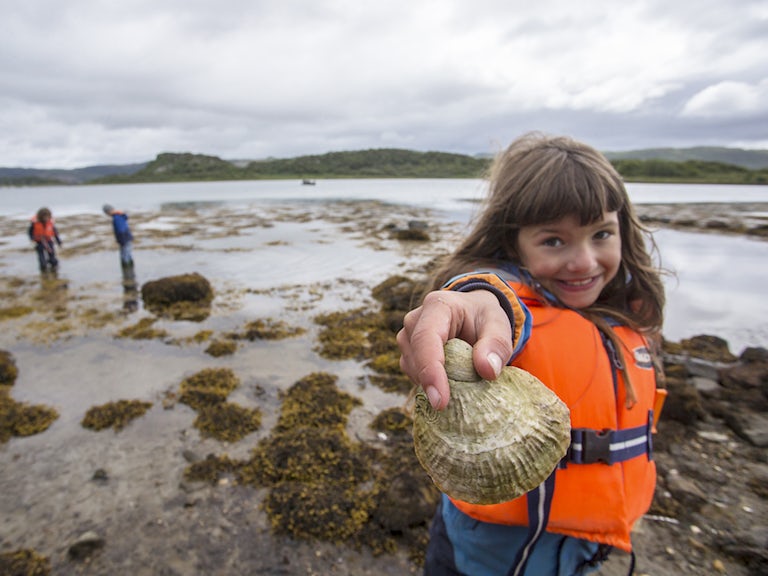
Our vision
We have big ambitions. Find out what we’ve set out to achieve through rewilding.
Our 2025-2030 strategy



